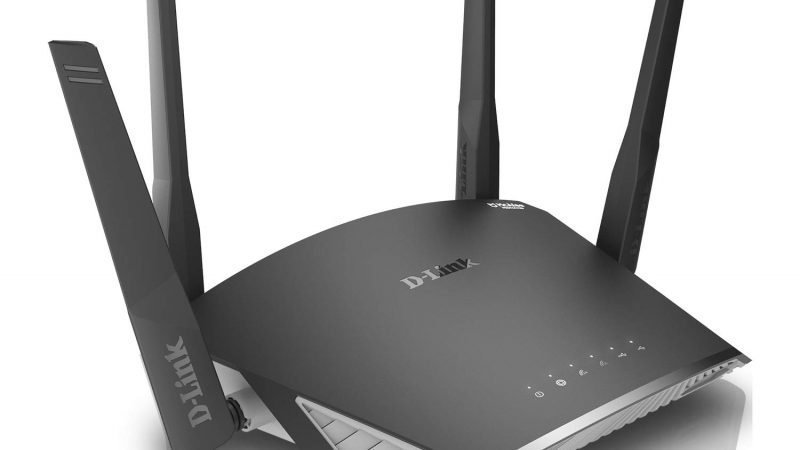CEOs are greatest risk to enterprise security
 There’s trouble at the top, according to iPass.
There’s trouble at the top, according to iPass.
iPass Inc. is a leading provider of global mobile connectivity. It has announced the iPass Mobile Security Report 2017, the results of which highlight the risks our digital lifestyle leaves us and business open to.
The report reveals that 40% of organisations believe that C-level executives, including the CEO, are most at risk of being hacked when working outside of the office.
Cafés and coffee shops were ranked the number one high-risk venue by 42% of respondents. This is from a list that also includes airports (30%), hotels (16%), exhibition centres (7%) and airplanes (4%).
The report
The report was compiled from responses of 500 organisations from the U.S., U.K., Germany and France.
The annual iPass Mobile Security Report* provides an overview of how companies are dealing with the trade-off between security and the need to enable a mobile workforce.
Indeed, 93% of respondents said they were concerned about the security challenges posed by a growing mobile workforce. Half (47%) said they were ‘very’ concerned, up from 36% in 2016.
 Furthermore, more than two-thirds of organisations have chosen to ban employee use of free public Wi-Fi hotspots to some degree. This is compared to 62% in 2016.
Furthermore, more than two-thirds of organisations have chosen to ban employee use of free public Wi-Fi hotspots to some degree. This is compared to 62% in 2016.
Raghu Konka, vice president of engineering at iPass states
The grim reality is that C-level executives are by far at the greatest risk of being hacked outside of the office. They are not your typical 9-5 office worker. This group often work long hours, are rarely confined to the office, and have unrestricted access to the most sensitive company data imaginable. They represent a dangerous combination of being both highly valuable and highly available, therefore a prime target for any hacker.
Cafés and coffee shops are everywhere and offer both convenience and comfort for mobile workers, who flock to these venues for the free high speed internet as much as for the the coffee. However, cafés invariably have lax security standards, meaning that anyone using these networks will be potentially vulnerable.”
Attacks
69% of organisations were concerned by man-in-the-middle attacks when workers use public Wi-Fi. These are where an attacker can secretly relay and even alter communications without the mobile user knowing.
 More than half of respondents chose a lack of encryption, unpatched operating systems, and hotspot spoofing as chief concerns.
More than half of respondents chose a lack of encryption, unpatched operating systems, and hotspot spoofing as chief concerns.
Highlights from the report
- The U.S. (98 percent) is most concerned by the increasing number of mobile security challenges – compared to France (88 percent), Germany (89 percent) and the U.K. (92 percent)
- Nearly one in ten U.K. organisations (8 percent) said that they have no security concerns when employees use public Wi-Fi hotspots. In contrast, this figure is one percent in the U.S. and Germany, and two percent in France
- Similarly, U.K. organisations are the least likely to ban the use of public Wi-Fi. Forty-four percent said that they have no plans to do so, as opposed to eight percent in Germany, 10 percent in the U.S. and 15 percent in France
- Worldwide, 75 percent of enterprises still allow or encourage the use of MiFi devices. In France, however, 29 percent of businesses have banned them due to security concerns
*The research was carried out by independent market research company, Vanson Bourne, during March 2017. The sample comprised 500 CIO and IT decision makers from the US (200), UK (100), Germany (100) and France (100).<




